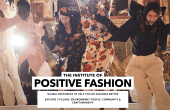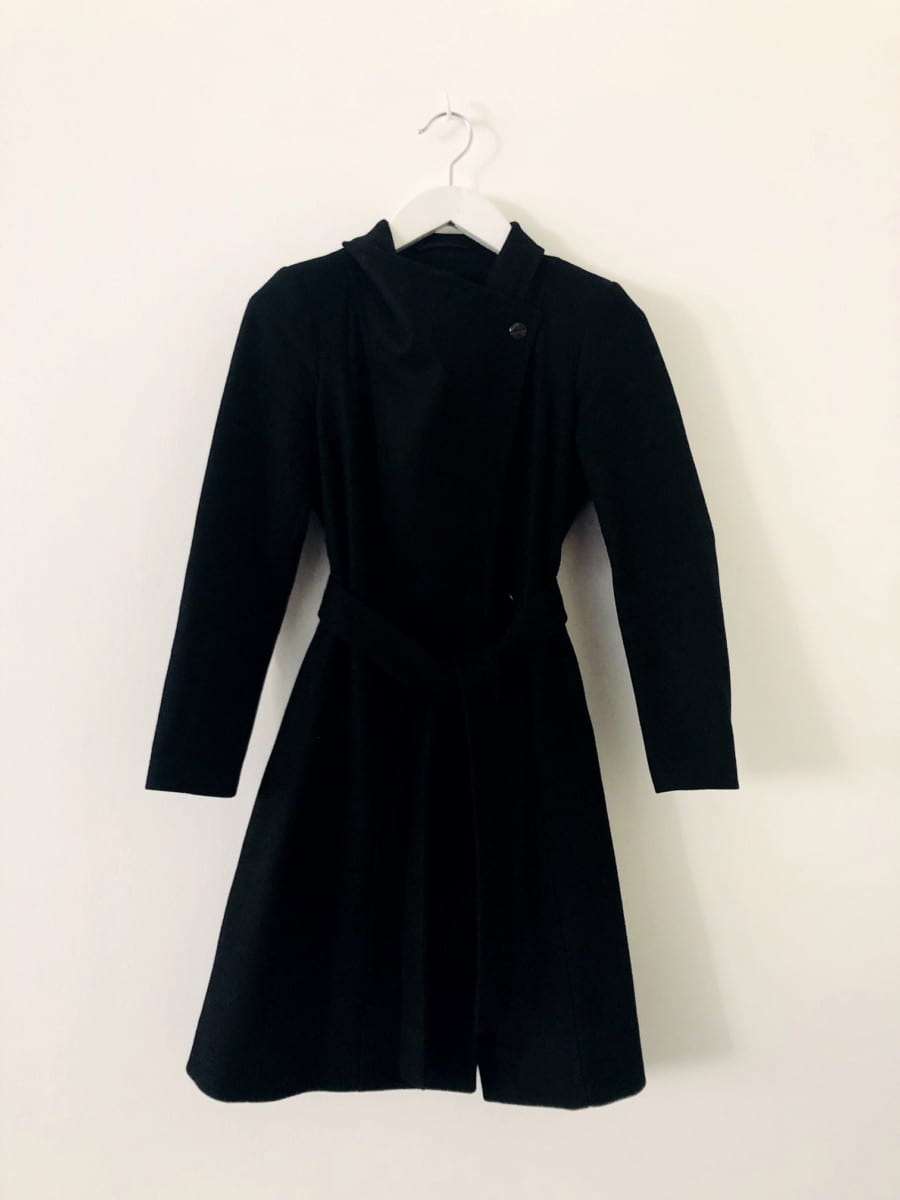Fashion is full of dichotomies and it is these clashes that fuel the future of the industry. Most fundamentals (clothes, food, housing) have evolved within the construct of our society, becoming ever more complex and worthy of debate with the onset of media influence, economic change, class shift, choice and sexual equality.

Jessica Hearnshaw. BA (Hons) Cordwainers Fashion Bags and Accessories: Product Design and Innovation. Riyeka Silburn. BA (Hons) Fashion Design Technology: Womenswear
That fashion upholds the suppression of women and that the industry is misogynistic and controlling, whilst also being trivial and frivolous, are all themes regularly revisited across our media.
“THAT FASHION SUPRESSES WOMEN, IS MISOGYNISTIC AND CONTROLLING, TRIVIAL AND FRIVOLOUS ARE ALL THEMES REGULARLY REVISITED ACROSS THE MEDIA”
In my view, this definition of fashion embodies a myopic perspective which perpetuates the thinking of a particular section of our society and media. If there are certain features of the fashion industry that still equate with privilege, force us to question our (particularly Western) ideals of beauty and remind us that our desire for constant change can be detrimental to our environment and wellbeing, then these aspects have been present since people started making clothes for other people to buy.
It’s my opinion that fashion is being re-defined. As a Western society, we have in recent years been challenged into re-evaluating fashion both economically and ethically, now seeing it as more than just clothes. Body art, piercings, the celebration of vintage, our appreciation of individual difference through education, sport and art, all seem to me to reflect the concept of fashion and its intrinsic link with our identity in being a force for positive influence.
Fashion offers choice, albeit within individual means. Much like clothing, the hierarchy of needs puts food in the most fundamental, physiological category. But do we then challenge the restaurant and food industry for allowing something that is ‘fuel’ to become something desirable and offered to a consumer with imagination, originality and a variability of cost? Ought we to pity ‘foodies’ who express themselves through the gourmet restaurants that they choose or the magazines which they may read?
Read the full article on neverunderdressed.com…




